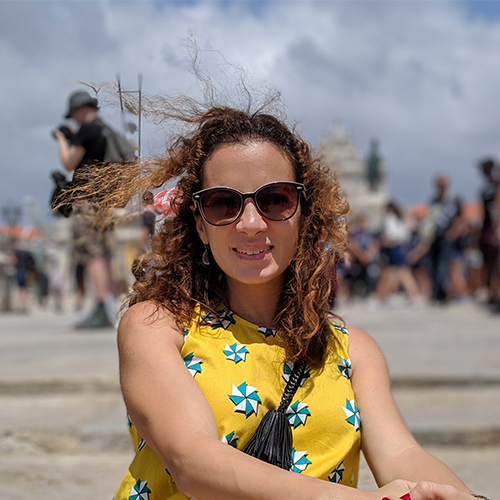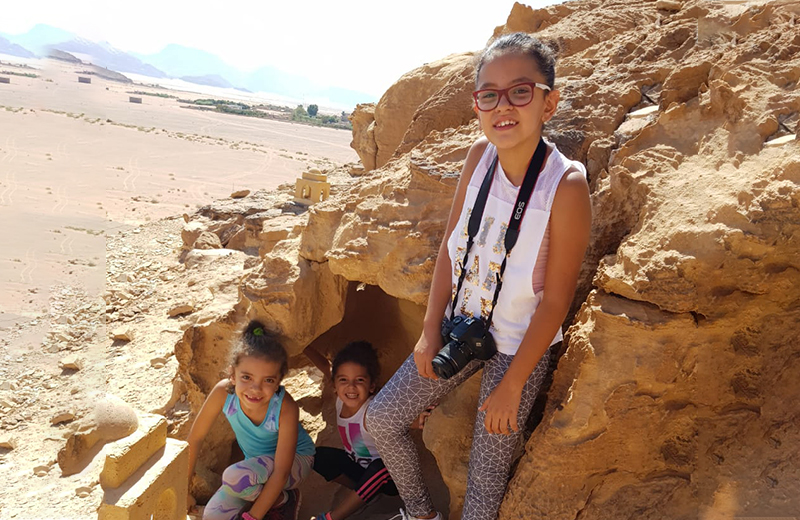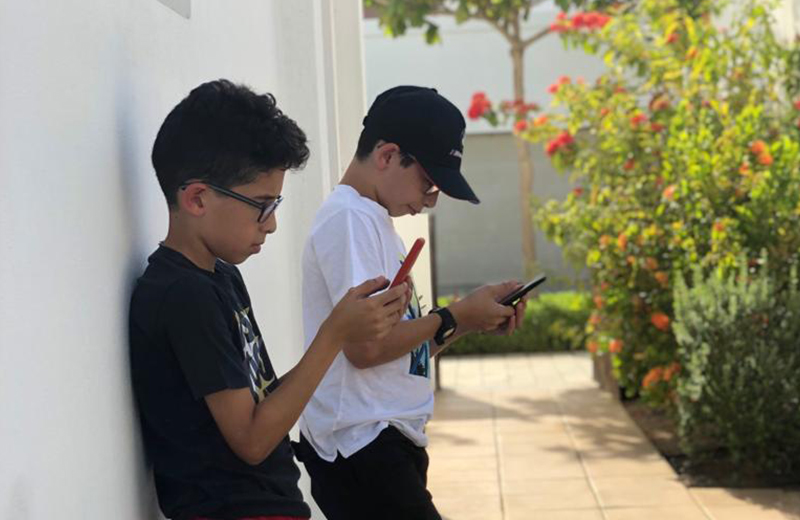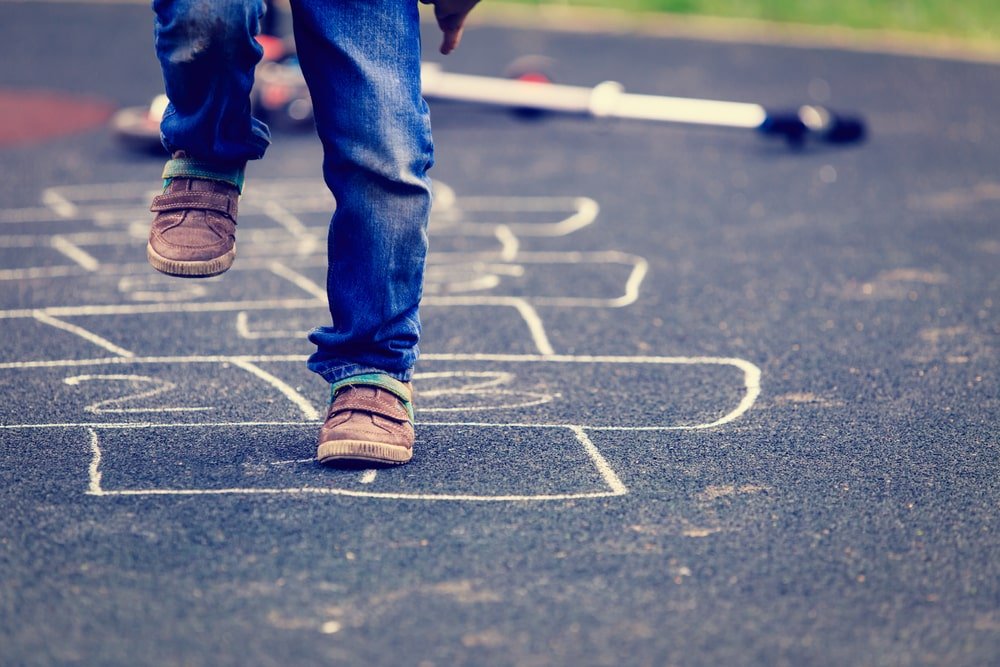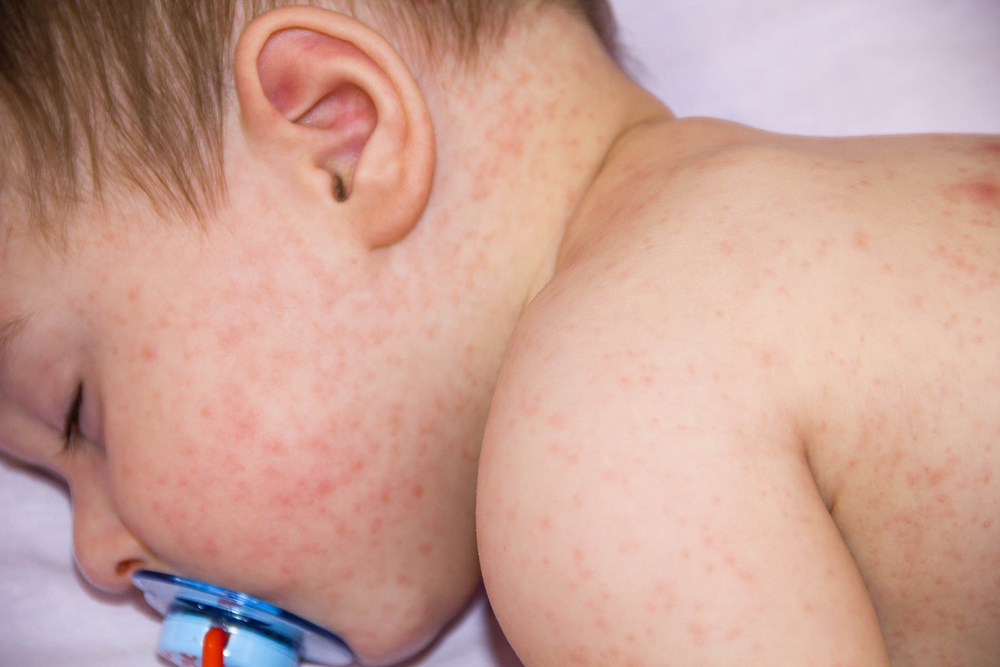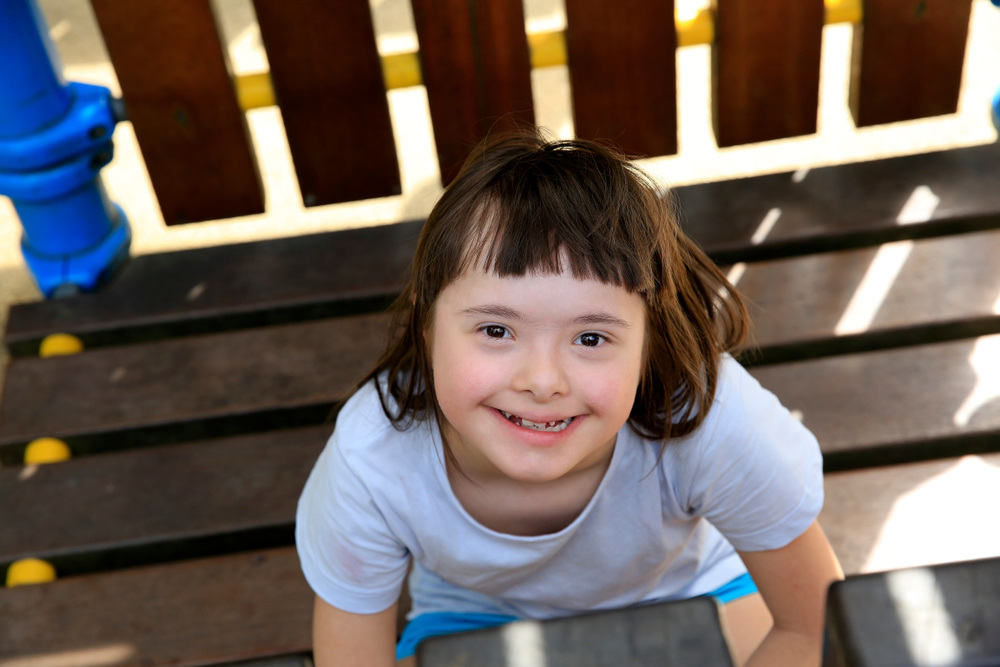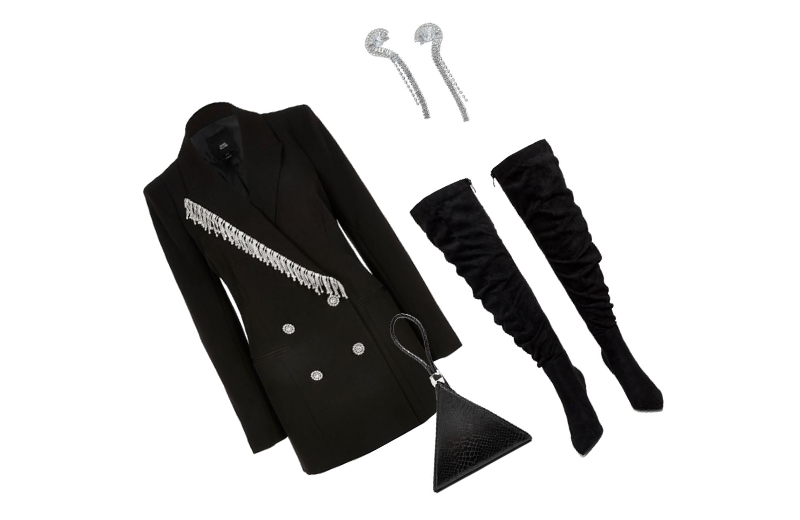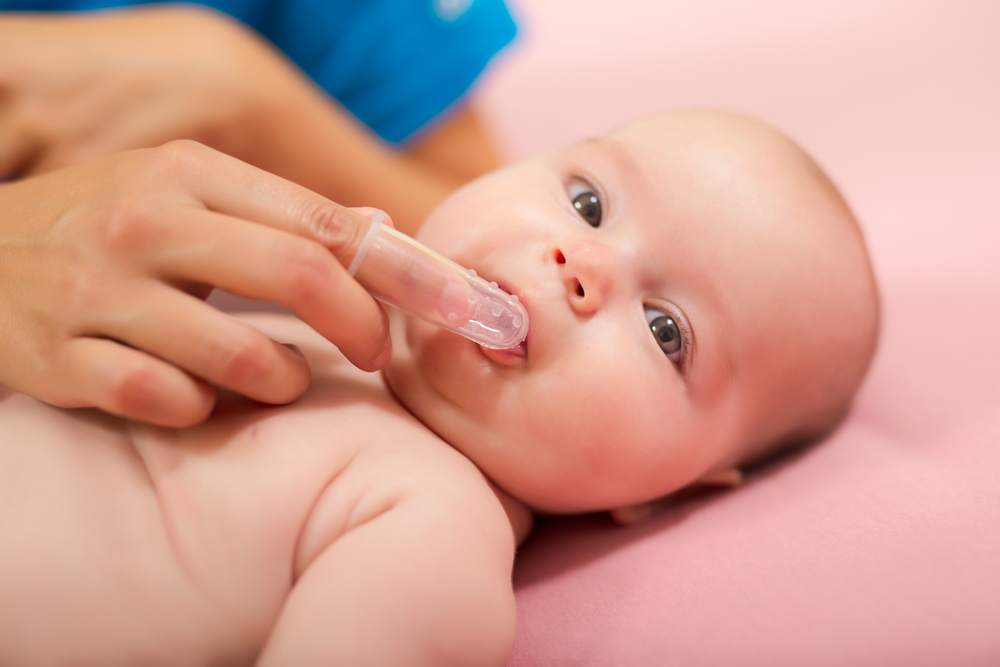Mothers’ Stories
This is what I promised myself.. to be a conscious mom
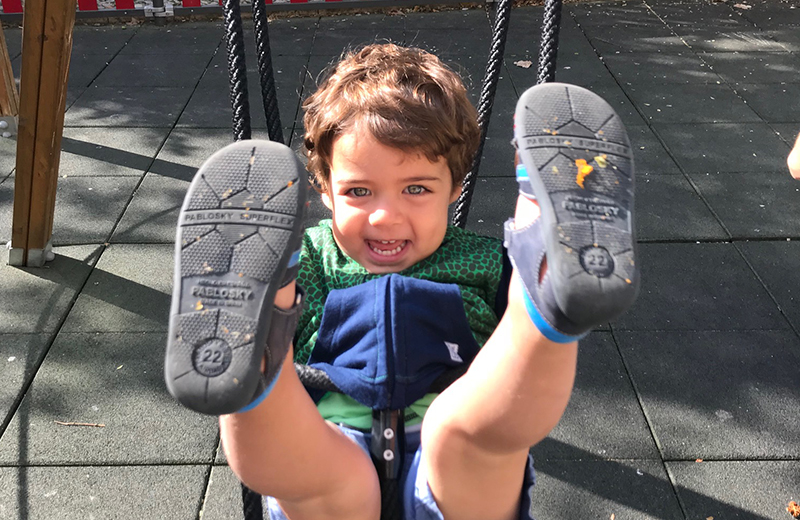
When I found out I was pregnant with my first child almost 2 years ago, I promised myself that I wanted to raise a conscious child. What this would mean before anything else is that I would have to be a conscious parent.
What does it mean to be a conscious parent? According to Dr. Shefali Tsabary, a New York-based clinical psychologist and author - it means that we communicate to our children from a place of calmness, where we are aware and mindful of the behavior/situation we are witnessing.
Moreover, it also means that we are able to identify the difference between reacting to our children from a position of ego as opposed to from the calmer, centered state of who we truly are.
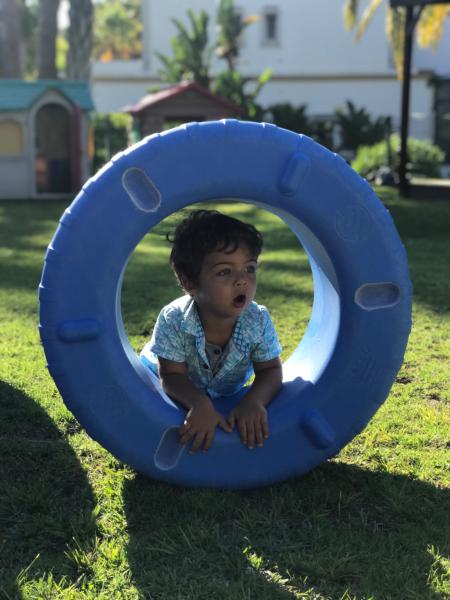
So, there goes the flying slipper most Middle Eastern children grew up ducking and running away from, along with the colorful language we were showered with whenever we got in trouble!
I have my own ideas as to what it means to be a conscious parent, which go beyond dealing with my children from a place of calmness. For me, it means thinking about the impact my words and actions may have on my children.
How can I teach them to behave by showing them, rather than shouting at them when they have reacted impulsively because they probably didn’t know how else to react? A lot of the time, they are testing boundaries, trying to get attention or just exploring.
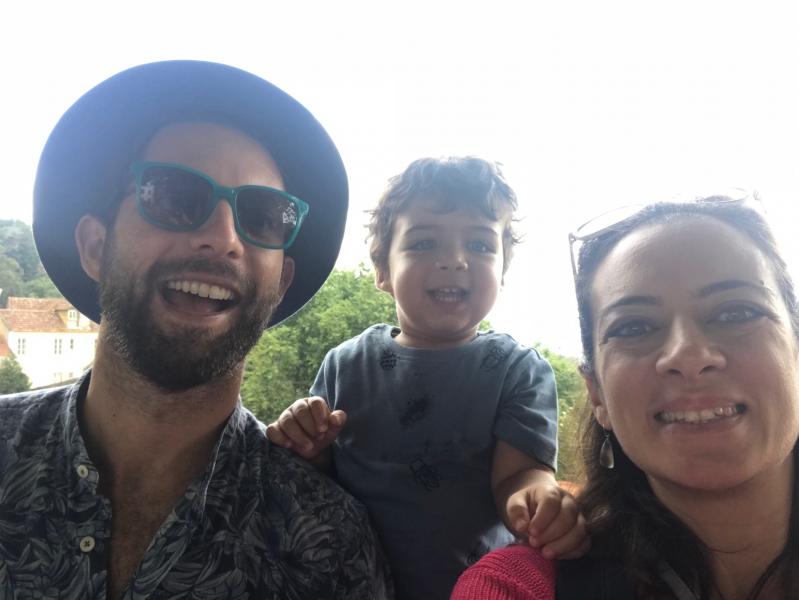
When my son does something I don’t want him to do, I usually explain why he should not do it, and if he continues then I try to distract his attention to something else (his favorite toy, playing his songs etc).
Being a conscious parent also means thinking about my behavior towards things that I like and dislike, after all, these little people are modeling their behavior after us. For example, I absolutely hate cockroaches (I don’t know anyone who does) and have a pretty dramatic reaction when I see one.
I really don’t want my son to develop the same ‘fear’ so I do my best to move away and calmly call my husband (while making numerous faces of disgust while my son is not looking) to deal with it. If I have to face the cockroach on my own…then so be it…I suck it up, piff paff in one hand and a slipper in the other.
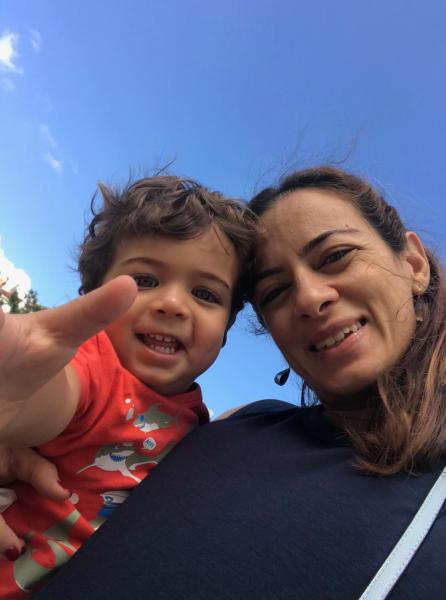
It is important, to both my husband and I, that we teach him compassion towards living things (we’ll get to the cockroaches at some point). I have taught him how to approach animals slowly, by extending his fist first so they can approach and smell him rather than him grabbing them; the underlying idea is that animals are not ours, they should choose to approach or not and we need to treat them with respect. Same thing with plants, we went from pulling leaves and hitting plants to gently stroking the leaves, smelling the plant and making it a task to water them.
It means thinking about how I approach, speak and deal with people in a way that reflects respect regardless of nationality, faith, gender, color and job function. It’s amazing how much toddlers observe and repeat behavior, if they see you treating people in a certain way, they will eventually do the same.
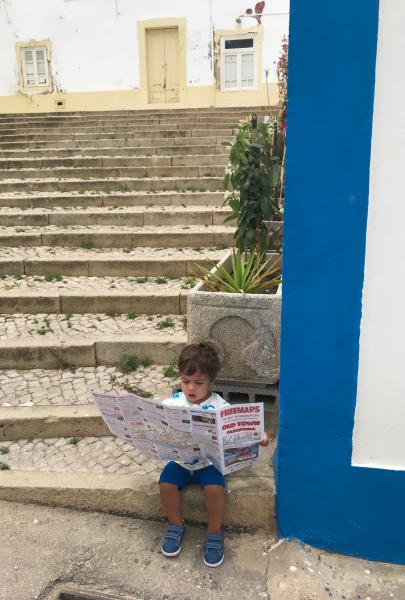
To make putting my thoughts into action easier, I have compiled a priority list, which my husband and I both agreed on. I consider this as a constant work in progress and do my best to actively educate myself on how to better understand my almost toddler and his blossoming character.
Here is what I am working with at the moment and how I have pledged to be with my children:
- I will not shout or overreact when my child cries because he didn’t get what he wants or is throwing a tantrum. I will calmly repeat to him that I understand why he is frustrated and why he can’t have what he wants.
I reassure him that it’s ok, I hold him and hug him and tell him that I love him and repeat that I understand his frustration. For example, I know you are tired, I know you want to play with the phone, I know you want to go outside etc. I’m not sure if he fully understands what I am saying, but it has worked for me so far.
- I will always make them feel that they are unconditionally loved. This is an important one! They need to have the freedom to be who they want to be without our judgement or emotional blackmail. It is our duty to guide them so they can make sound decisions, to understand them and communicate with them from the very beginning in a way that builds security and trust.
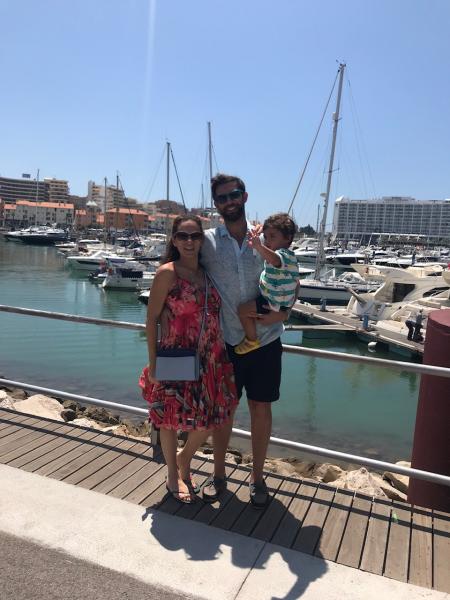
- I will teach my child that you/we are not better than others because of our gender/skin color/nationality – we all come into this world in the same way…either through a c-section or natural-birth.
The opportunities and life experiences may be different, some of us may be more wealthy, smarter, more successful, but that does not make us better than everyone else. What differentiates us is how useful we are, how we have helped those around us, how we treat others, how we treat animals and the environment.
- I will use my words wisely –words are sacred, so I need to think about what I want to say, why I want to say it, how I will say it and what impact it will have (hard at first, but with practice this only takes a couple of seconds). Everything we do and say has consequences, so it is important to be mindful of that.
- I will not take things at face-value – I will question, question and question again until I have an answer I am convinced of.
I feel like having this list has really helped shape the way I am with my son. While it is only a starting point, I am confident it will grow and develop as I continue living this amazing adventure of parenthood.

